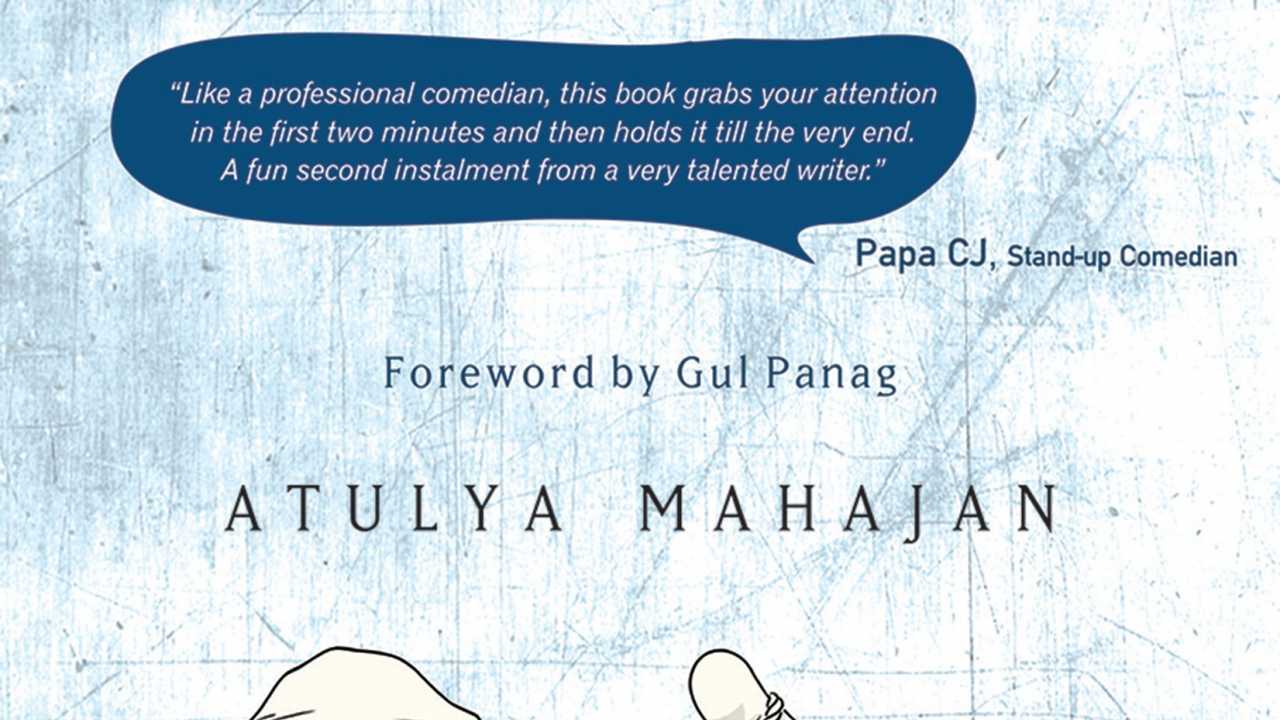
Book: Democrazy
Author: Atulya Mahajan
Publisher: Jaico
Pages: 233
Price: Rs 299
Rating: ***
Amidst the high-decibel and intense campaign that was the 2014 Lok Sabha elections, not many had time for satire. Moreover, after Narendra Modi's landslide win, while several serious books analysing the election results were written, narratives in the lighter vein were few and far between.
On one level, Democrazy is a satire on a political class preparing for a landmark election. On another level, it is about the cacophony that plays out in the lives of middle and upper class Indians every day. A day in the life of a typical well-to-do person in the country today cannot be complete without the ubiquitous social media, loud television debates with irascible anchors, political gimmickry and posturing, and so on. Sprinkle upon this a gentle dose of crass capitalism and misadventures of godmen, and what you get is Democrazy.
Author Atulya Mahajan must be complimented for showing courage in caricaturing some of the most powerful people in India, without leaving much doubt about their identity.
BB, the television anchor for Bow Wow News, is a shrill, combative and unrelenting man. His anchoring reminds one more of criminal interrogation than a civilised debate. Politicians are put to the test every day and BB comes out triumphant in the end.
Then we have Badi Sarkar and Chhote Sarkar, whose government is in power. Of course, there can be no doubt in anyone's mind as to whom the author is referring to here. Badi Sarkar is desperate to preserve her dynasty in the face of declining faith in her government. Chhote Sarkar dreams big but has little willpower. He ends up in many over-the-top funny situations, all of which embarrass him and his mother.
The Great Leader is another important character. He is a huge man, with a great vision for India and an ability to strike fear in most men. Apart from these we have Panja, the henchman of Badi Sarkar; Girpade, the spokesperson for the Great Leader's party; Baba Neemacharya, who likes young girls; and Giani Seth, the richest, most powerful and most illiterate man in India.
But the author's world view is not shaped by any of these characters. Rather, he chooses social media (specifically Twitter) as the most prominent public space around. Atulya Mahajan's representative here is Adarsh Bhartiya, the social media savvy son of an honest government school teacher. While the cacophony created by the book's main characters plays out in the social media space, Mahajan is able to bring out the futility of Twitter activism through this character. Adarsh represents the armchair activism of today's youth which never translates into anything of substance, including votes.
In fact, Mahajan manages to bring out the shallowness of almost every major character in the book with subtlety. Though their caricatures are drawn from real life, every character seems to behave in an over-the-top manner. Exceedingly unrealistic things happen around and to them, and the characters react in an exaggerated fashion. Also, every character has been sketched out with finesse. The result is that each one seems unique and enjoyable to a casual reader.
Hyperbole is a very common way of inducing humour in literature, so it could also be said that Mahajan's method tends to seem unoriginal. The brand of humour in the book is in-your-face and even crass at times, rather than thought-provoking.
The book has undertones of cynicism, but only in the end do we reach a dystopia. In focusing on the details, Mahajan fails to appeal to a cultivated audience. What could have been intellectual satire thus ends up merely as a fun read.